BRIDGING THE DIGITAL GENDER DIVIDE
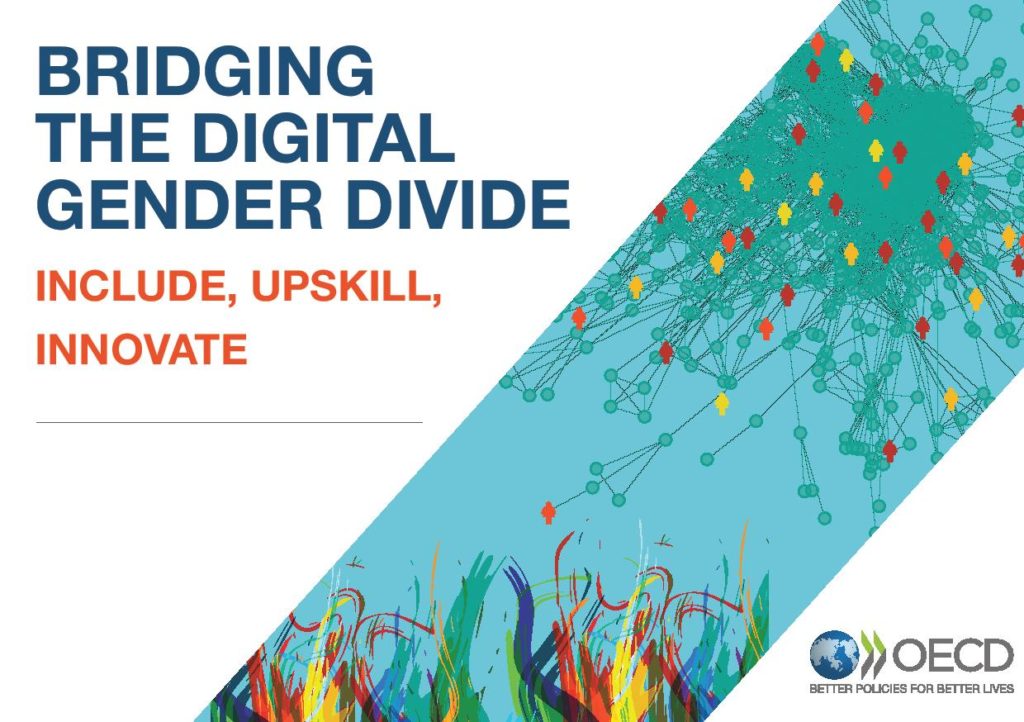
This brochure is based on a report produced at the request of the Australian Government contributing to the advancement of the 2017 G20 Roadmap for Digitalisation: Policies for a Digital Future, in particular its dimension on supporting the equitable participation of women in the digital economy. [gview file=”http://afakneswiah.org/wp-content/uploads/2020/01/bridging-the-digital-gender-divide-key-messages.pdf”]
Engaging with research for real impact: The state of research in the INGO sector and ways forward for better practice
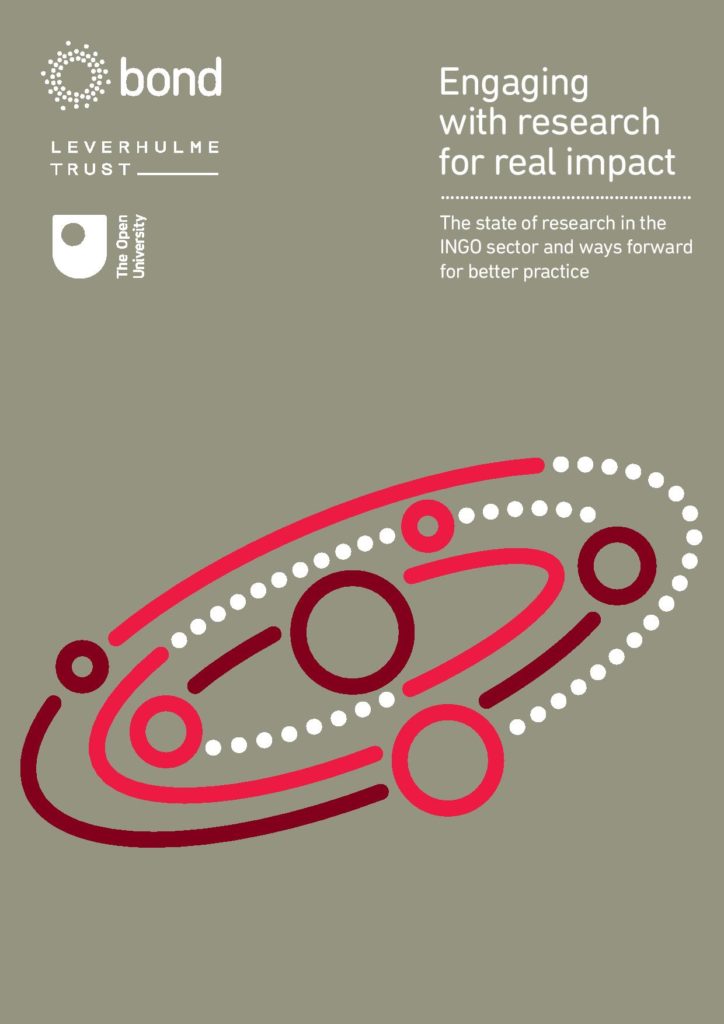
Research is more important than ever to international non-governmental organisations (INGOs), who need evidence to plan their work and provide proof of their impact. INGOs are increasingly turning to research as a resource for assessing and improving their activities as well as organisational structures and strategy. [gview file=”http://afakneswiah.org/wp-content/uploads/2020/01/bond_engaging_with_research_for_real_impact.pdf”]
Body, sexuality and reproduction in a changing context: Advocacy notes from DAWN
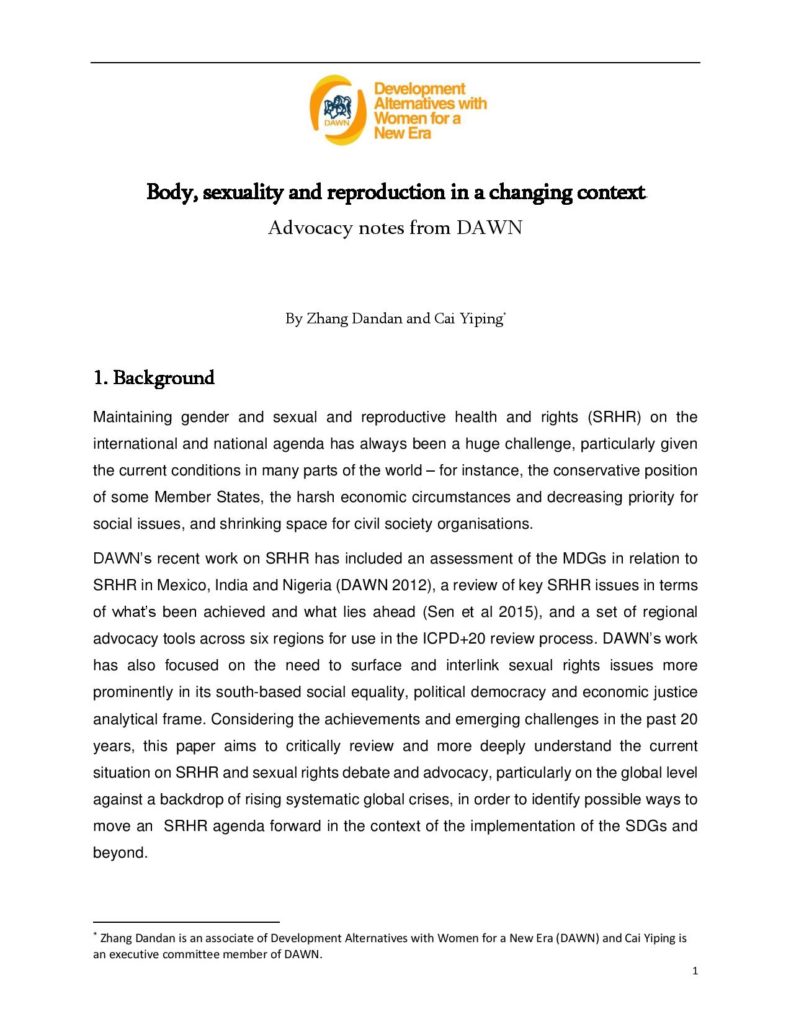
Maintaining gender and sexual and reproductive health and rights (SRHR) on the international and national agenda has always been a huge challenge, particularly given the current conditions in many parts of the world – for instance, the conservative position of some Member States, the harsh economic circumstances and decreasing priority for social issues, and shrinking […]
Expanding the agenda for addressing mistreatment in maternity care: a mapping review and gender analysis
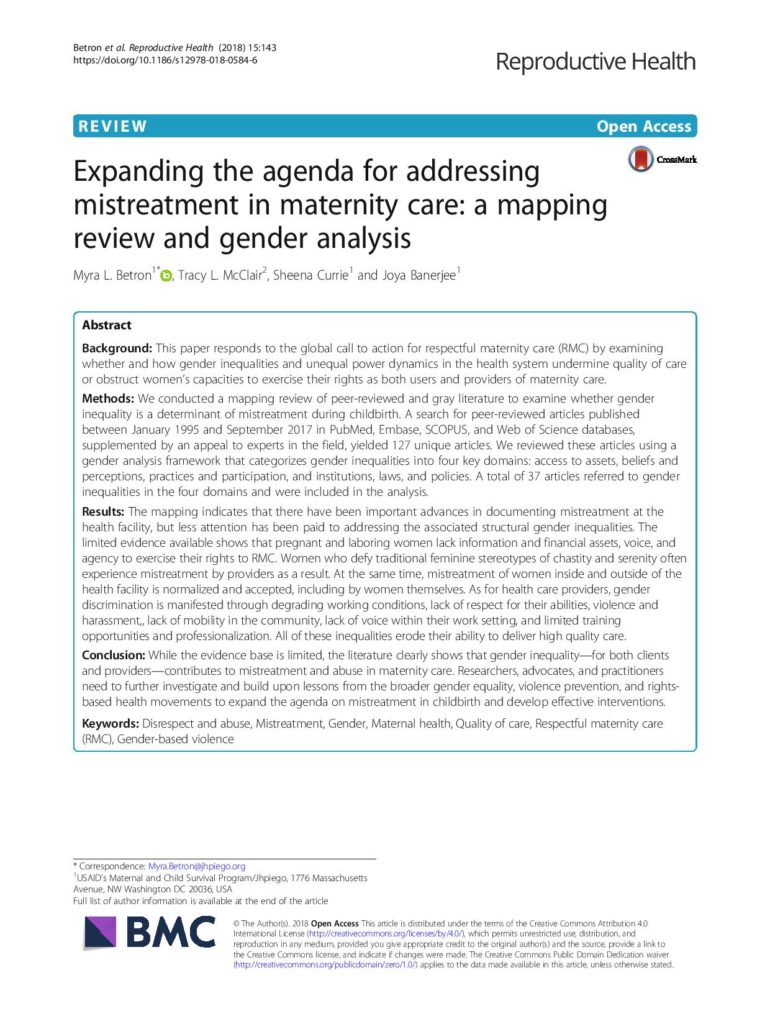
This paper responds to the global call to action for respectful maternity care (RMC) by examining whether and how gender inequalities and unequal power dynamics in the health system undermine quality of care or obstruct women’s capacities to exercise their rights as both users and providers of maternity care. [gview file=”http://afakneswiah.org/wp-content/uploads/2020/01/Betron_et_al-2018-Reproductive_Health.pdf”]
THE FUTURE OF WOMEN’S WORK IN AFRICA
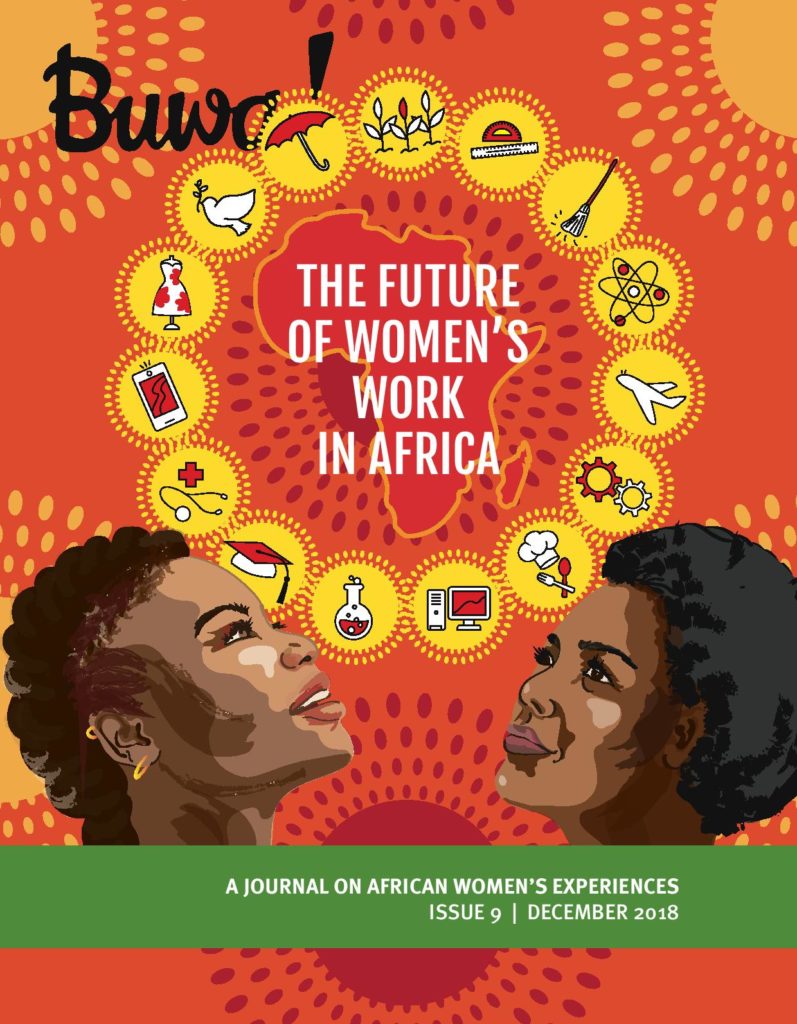
This Issue of BUWA! offers feminist critiques of the current discourses framing the future of work in Africa. This is a very timely and critical theme given that there is a marked interest globally in better understanding and predicting the future of work. A number of research institutions, think tanks and others interested in labour […]
Business Briefing on Unpaid Care and Domestic Work
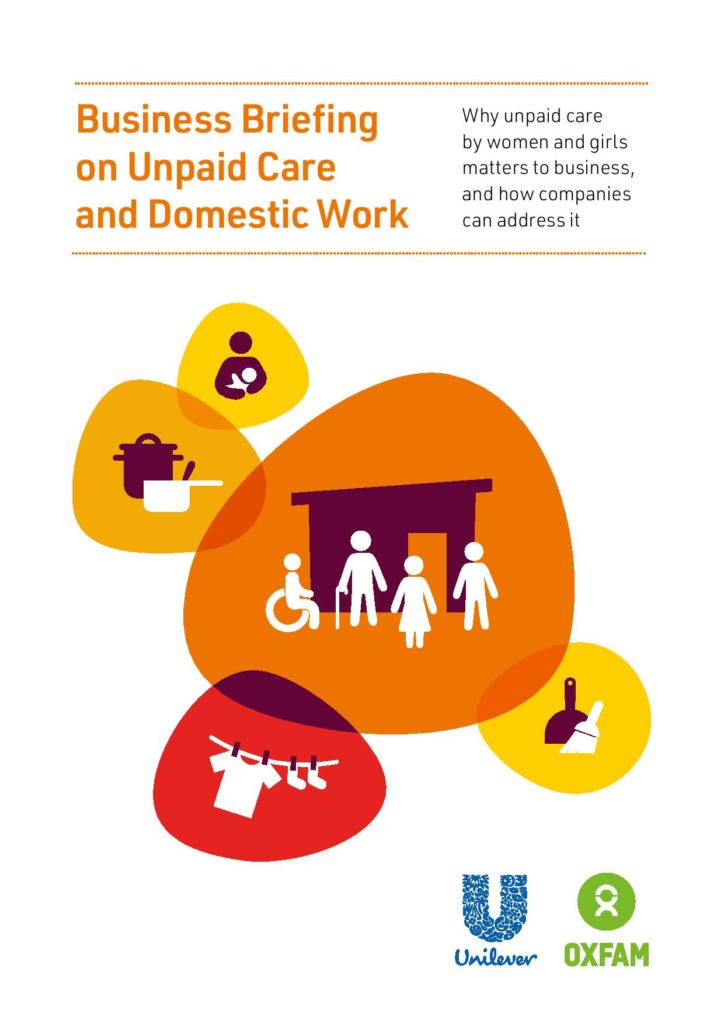
Women around the world take great pride and satisfaction in looking after children, the elderly and sick members of their family, as well as their homes – what specialists call ‘unpaid care and domestic work’. And well they should! Family and community life, our societies and oureconomies depend upon this work. And yet in countries […]
1 The Bellagio Declaration on state obligation and role of the judiciary in ensuring access to justice for gender based violence, including sexual violence in an effective, competent manner and with a gender perspective

[gview file=”http://afakneswiah.org/wp-content/uploads/2020/01/Bellagio-Declaration_Sexual-Violence-and-Womens-Right-of-Access-to-Justice.pdf”]
Annual Review of Psychology 2018: Gender Stereotypes
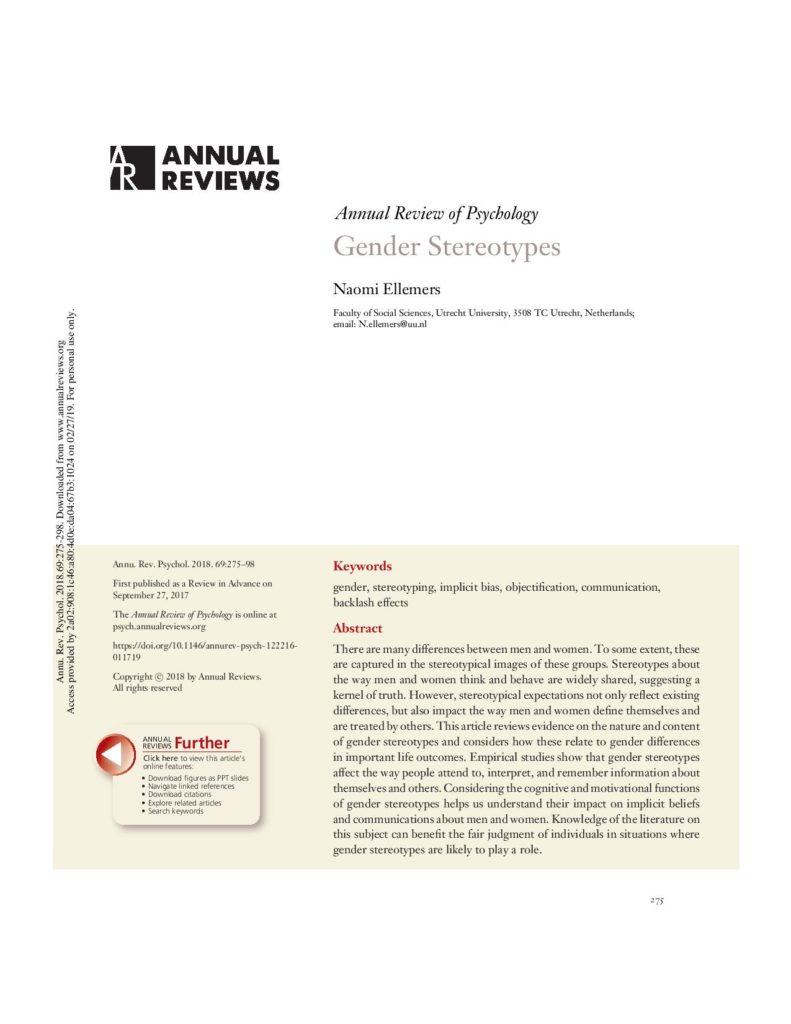
There is no denying that there are differences between men and women in many life domains. The question, however, is to what extent these differences reflect the way men and women essentially are, and to what extent they result from how we think men and women differ from each other because of gender stereotypes. Identifying […]
Age is No Protection: Prevalence of gender-based violence among men and women over 49 years of age in five situations of protracted displacement
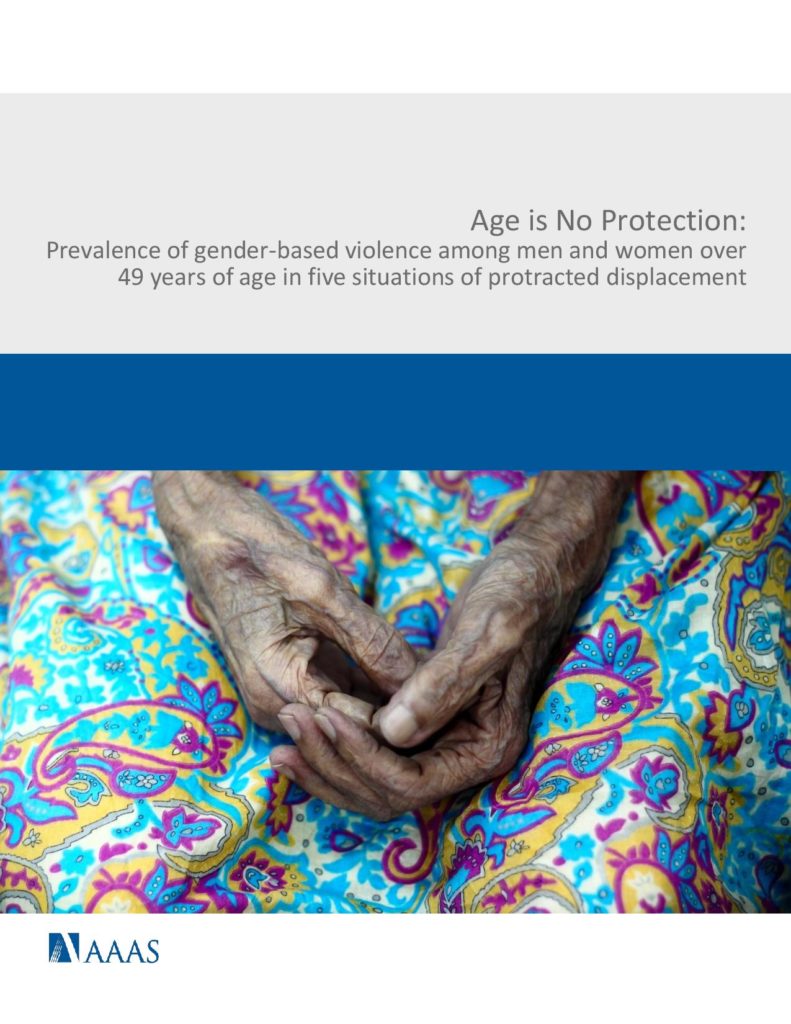
In 2014 HelpAge USA invited the Scientific Responsibility, Human Rights And Law Program Of The American Association For The Advancement of Science (AAAS) to collaborate on an investigation of the prevalence of gender-based violence (GBV) among women and men older than 49 years of age in situations of protracted displacement. The stud also sought to […]
United Nations Rules for the Treatment of Women Prisoners and Non-custodial Measures for Women Offenders with their Commentary

Resolution adopted by the General Assembly on 21 December 2010 (THE BANGKOK RULES) [gview file=”http://afakneswiah.org/wp-content/uploads/2019/12/Bangkok_Rules_ENG_22032015.pdf”]
